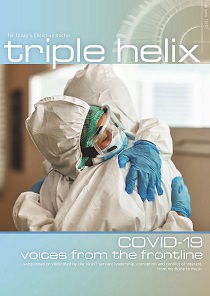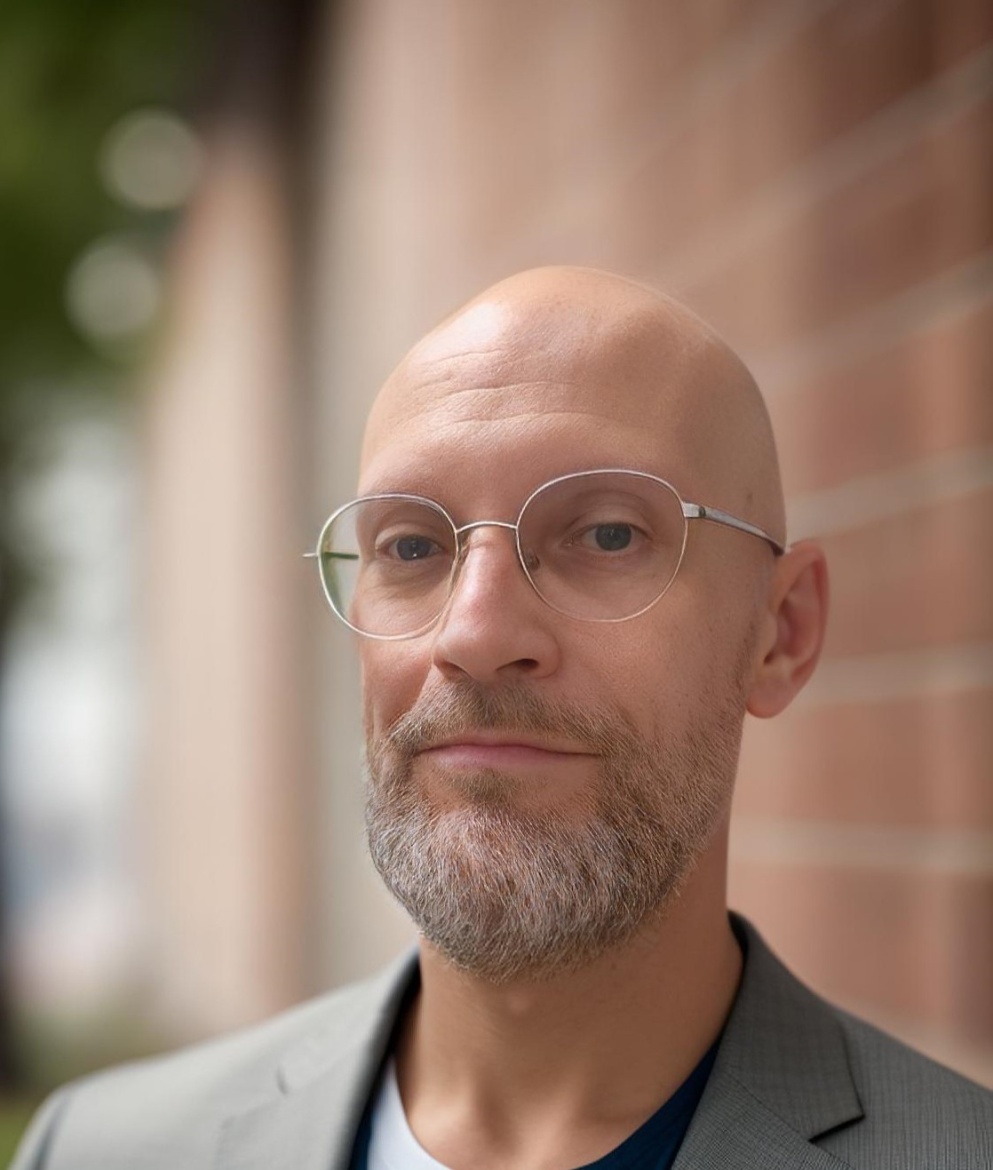The real world presents us with many situations when it is not so straightforward. For instance, what should you do when a drug company offers to fund some clinical research you hope to undertake into one of their new products? Or you are granted funding from a medical equipment company to attend a conference in your capacity as part of a procurement committee? Or a relative offers gifts of food to you and your team before you have even started to care for the patient? What should we do when faced with situations which could call into question our professional integrity?
Conflict of interest
NHS England defines conflict of interest as 'A set of circumstances by which a reasonable person would consider that an individual's ability to apply judgement or act, in the context of delivering, commissioning, or assuring taxpayer-funded health and care services is, or could be, impaired or influenced by another interest they hold.' [2]A conflict of interest could include the provision of 'hospitality' at meetings, including continuing professional development and training, or financial support for study days by pharmaceutical companies, which may result in greater prescribing or use of particular and possibly more expensive treatments. It can also manifest in the form of favouritism - for instance giving more time to relatives, friends or members of the same faith group as oneself. [3]
Conflict of interest compromises our professional integrity. When we lack congruence between our inner, spiritual life and our outer, professional life, we are not living in God's way. [4] Small compromises can be the first steps to much more serious corruption further down the line.
The GMC [5] and NMC [6] have specific guidance on handling such conflicts, and it requires constant vigilance, transparency and honesty on our part not to compromise our integrity.
Corruption
Transparency International defines corruption as 'the abuse of entrusted power for private gain'. It classifies it as either grand, political or petty depending on the amount of money and the sector where it occurs. [7]
Grand corruption occurs at a high level of government, enabling leaders to steal funds at the expense of the civic good. A recent case in Romania saw the prosecution of several senior doctors for diverting public funds to their own pockets. [8]Political corruption occurs when senior officials (including doctors, health managers and senior nurses) distort processes and divert resources for their personal benefit. For example, demands for bribes by officials to obtain permission to set up a new healthcare programme.
Petty corruption involves everyday abuse of entrusted power by public officials (including health professionals) in their interactions with citizens who seek access to essential healthcare services, which are supposed to be provided by the government. For example, asking nurses to inform patients that a 'gift for the doctor' is necessary before the doctor will see them in a 'free' government clinic.In many parts of the world, political corruption and petty corruption are endemic. Individually, health professionals may have high standards of integrity, but they struggle when all around them compromise theirs. It is especially problematic when salaries are low, and there is a long-established tradition of giving 'gifts' when 'doing business'.
We may, therefore, think that this is primarily a problem of the developing world or the former communist countries of Eastern Europe. However, a 2012 study by Transparency International showed that corruption was more widespread in the UK, including the NHS, than we might think. [9]For example, a recent investigation by Channel 4's Dispatches programme found that 59 of 195 Clinical Commissioning Groups in the UK had recorded a breach of the World Health Organization code of practice designed to support breastfeeding. [10] The Telegraph reported that, in 2016, pharmaceutical companies paid £116.5 million to doctors in consultancy fees, travel, hospitality and other costs. Only a third of doctors receiving such funds declared them. [11] Furthermore, an investigation by the BMJ in 2018 showed that a significant number of Clinical Commissioning Groups failed to declare financial support from the pharmaceutical industry. [12]
The impact
Conflict of interest and corruption are not victimless crimes. As Deuteronomy 16:9 reminds us, when bribery and corruption are practised, truth is twisted, injustice is perpetuated, and the poor suffer. The World Bank considers corruption to be a significant 'challenge to its twin goals of ending extreme poverty by 2030 and boosting shared prosperity for the poorest 40 per cent of people in developing countries'.Furthermore, 'reducing corruption is at the heart of the Sustainable Development Goals [13]and achieving the ambitious targets set for Financing for Development. [14]Corruption has a disproportionate impact on the poor and most vulnerable, increasing costs and reducing access to services, including health, education and justice. Think, for example, of the effect of counterfeit drugs or vaccinations on the health outcomes of children.' [15] Empirical studies have shown that the poor pay the highest percentage of their income in bribes. For example, in Paraguay, the poor pay 12.6 per cent of their income to bribes, while high-income households pay 6.4 per cent.' [16]
The Bible is quite explicit that bribery and corruption are evil. First and foremost - corruption is contrary to God's character - 'For the Lord your God is God of gods and Lord of lords, the great God, mighty and awesome, who shows no partiality and accepts no bribes.' (Deuteronomy 10:17).
Scripture warns us about the danger of institutions and cultures that foster corruption - 'Woe to those who make unjust laws, to those who issue oppressive decrees, to deprive the poor of their rights and withhold justice from the oppressed of my people, making widows their prey and robbing the fatherless.' (Isaiah 10:1,2) At the same time, corruption warps the soul and the mind - 'Extortion turns a wise man into a fool, and a bribe corrupts the heart'. (Ecclesiastes 7:7) Finally, truth, trust, integrity and justice suffer when people with responsibility give way to corruption - 'Do not pervert justice or show partiality. Do not accept a bribe, for a bribe blinds the eyes of the wise and twists the words of the innocent.' (Deuteronomy 16:19)
Space here precludes a detailed exploration of how we deal with corruption and conflict of interest in practice, but there are lots of resources available. NHS England has produced some helpful, practical guidance based around common scenarios. [17] There are some useful case studies from CMF members who have faced challenges related to conflict of interest in many parts of the world that available on the CMF website. [18]
We cannot do this alone - we need to address this in community. Nobody is immune from the temptation or pressure to work with a conflict of interest or to act corruptly. Being linked in through a local CMF group or workplace fellowship is one way to do this. Discussions based around the CMF briefing paper on corruption and conflict of interest can help explore the issues faced in practice.
Steve Fouch is CMF Head of Communications
This article is based on a longer briefing paper, Conflict of interest and corruption in healthcare: A paper by a working group of the Global Committee of the Christian Medical Fellowship accessible at cmf.li/ConInCor
The paper was produced by a working group of the Global Committee of CMF (Martin Allaby, Ibrat Djabbarov, Jonathan Fisher, Steve Fouch, Fi McLachlan, Huw Morgan, Andrew Tomkins, Marius Ungureanu, Catriona Waitt and John Wyatt). They have been assisted by many individuals and organisations, including Transparency International, to whom the working group is extremely grateful. An interview with Marius Ungureanu about medical corruption has been released on the CMF 1st incision podcast, available at cmf.li/2vpE4Yv
Case example
You are a senior surgeon working in a government hospital in a resource-poor Central Asian country. You have responsibility for advising on which company should be contracted to supply your hospital with surgical equipment and supplies. Several companies have approached you, offering to run, or pay for, professional training courses for your junior staff who are very keen to learn; there is very little Continuing Medical Education provided by the government. The companies offer high levels of training, hospitality and consultancy fees to yourself. Your colleagues advise you to accept an offer. What would you do?
You are a junior doctor returning to an Eastern European country after working overseas to increase your clinical experience. Over the years you have been heavily supported by family and friends in your own country, as you train. You have received many gifts of money to travel and work overseas. The hospital you now work in has a strong ethos of taking bribes to enhance the very meagre salaries from the government. You discuss this with your supporters who are very keen to receive back their financial investment in you. They all encourage you to 'go with the flow'. What would you do?
Based on the real experiences of Christian health professionals. See cmf.li/CorCasestud for more.
































